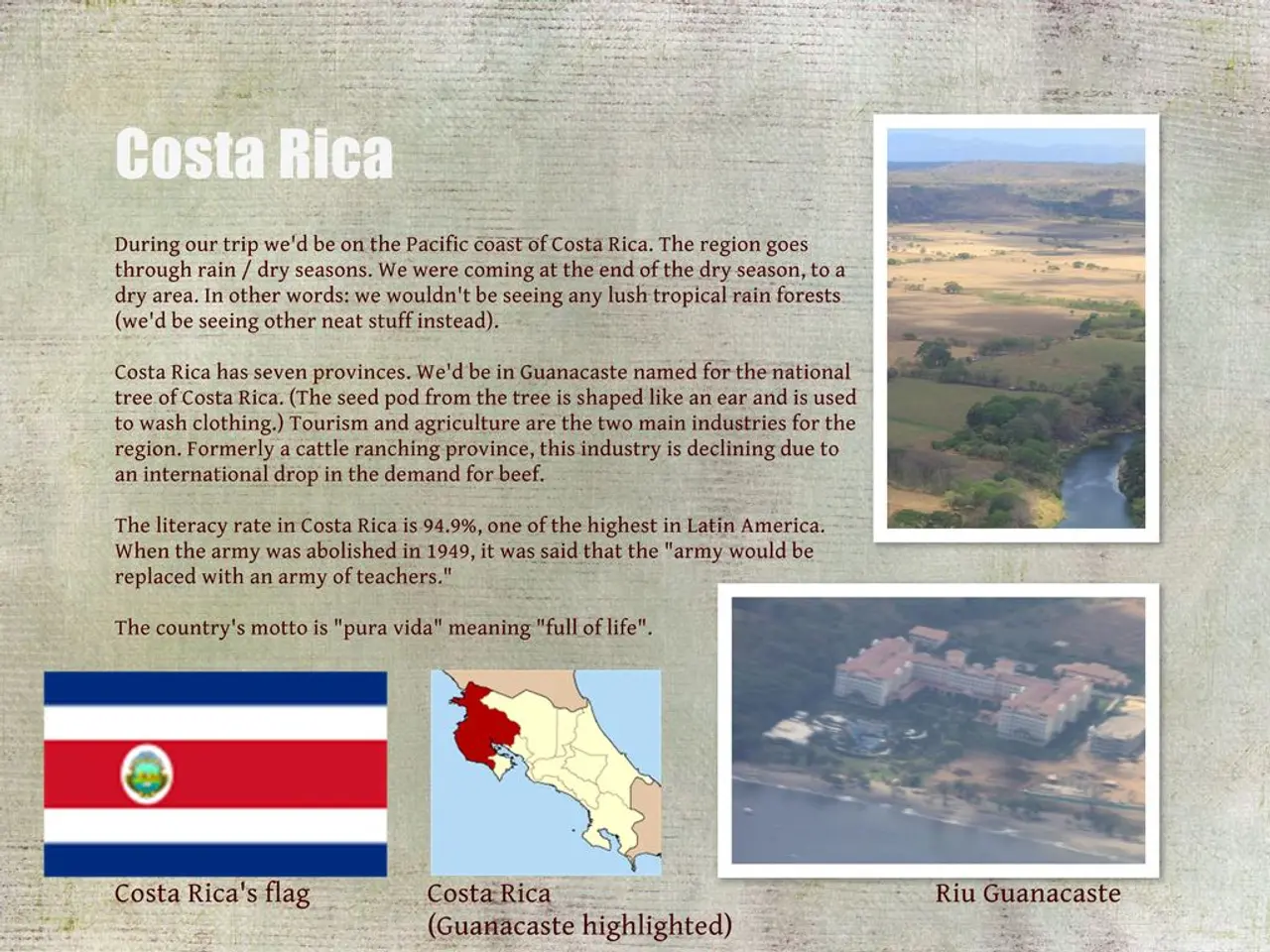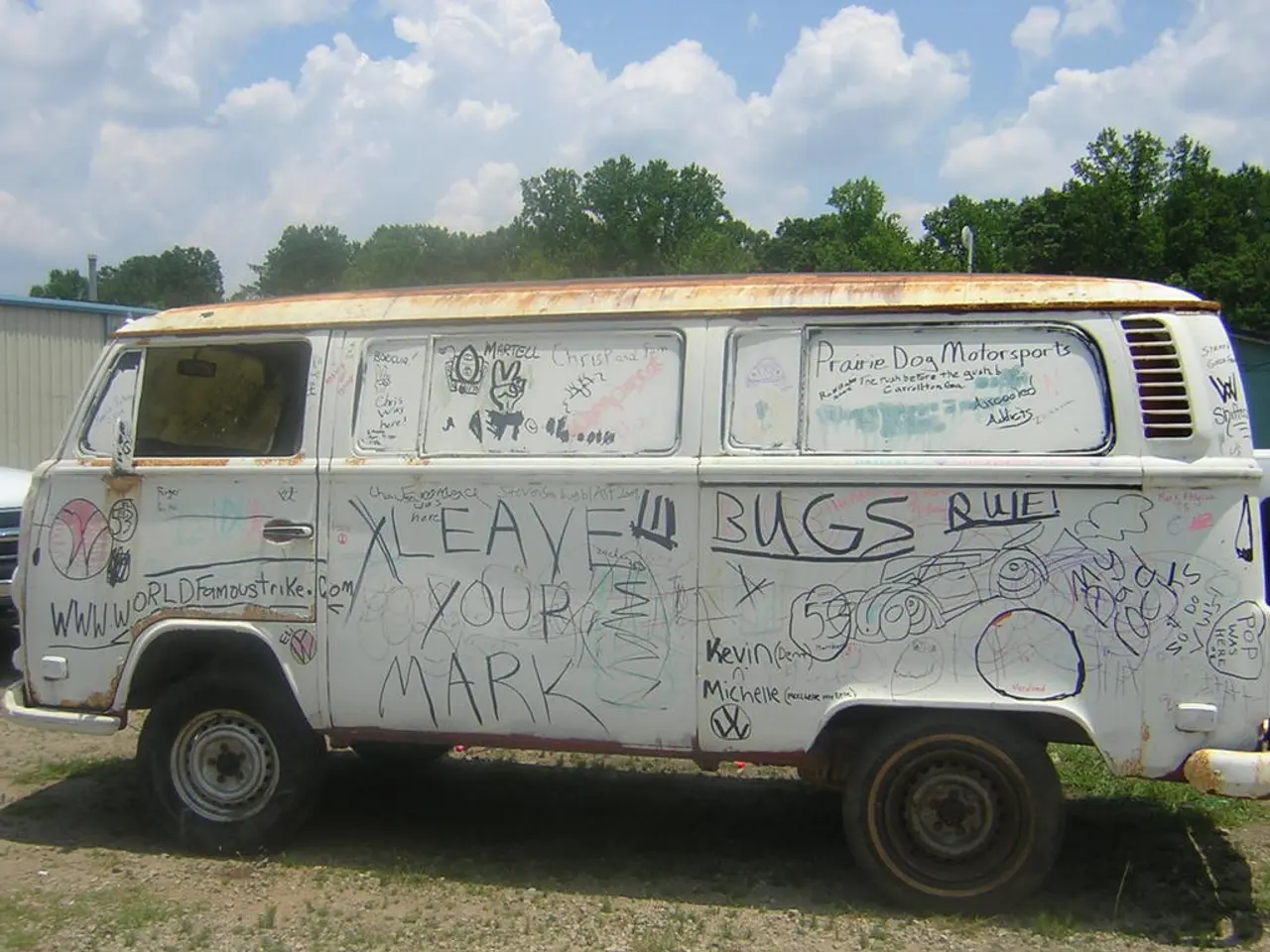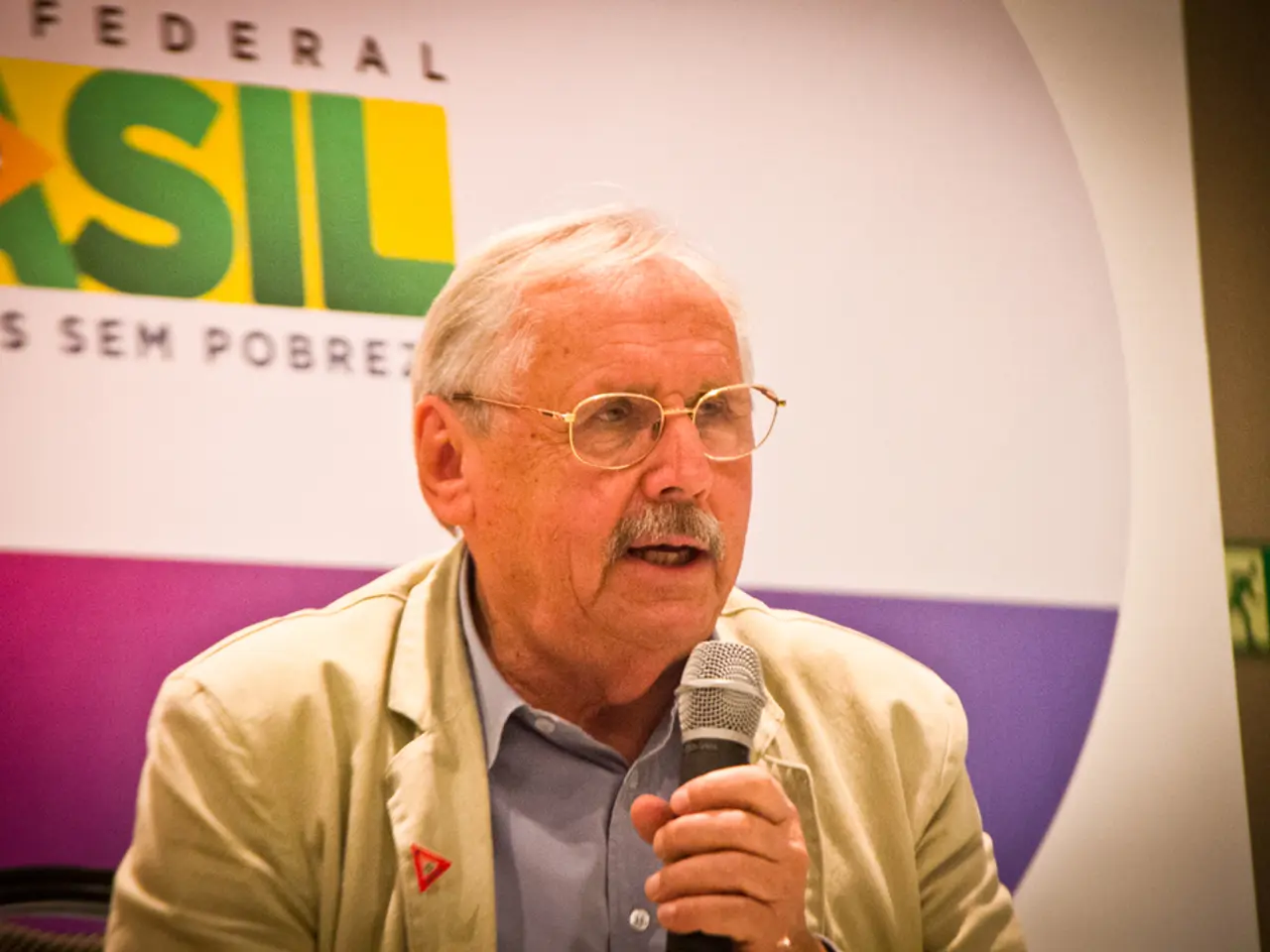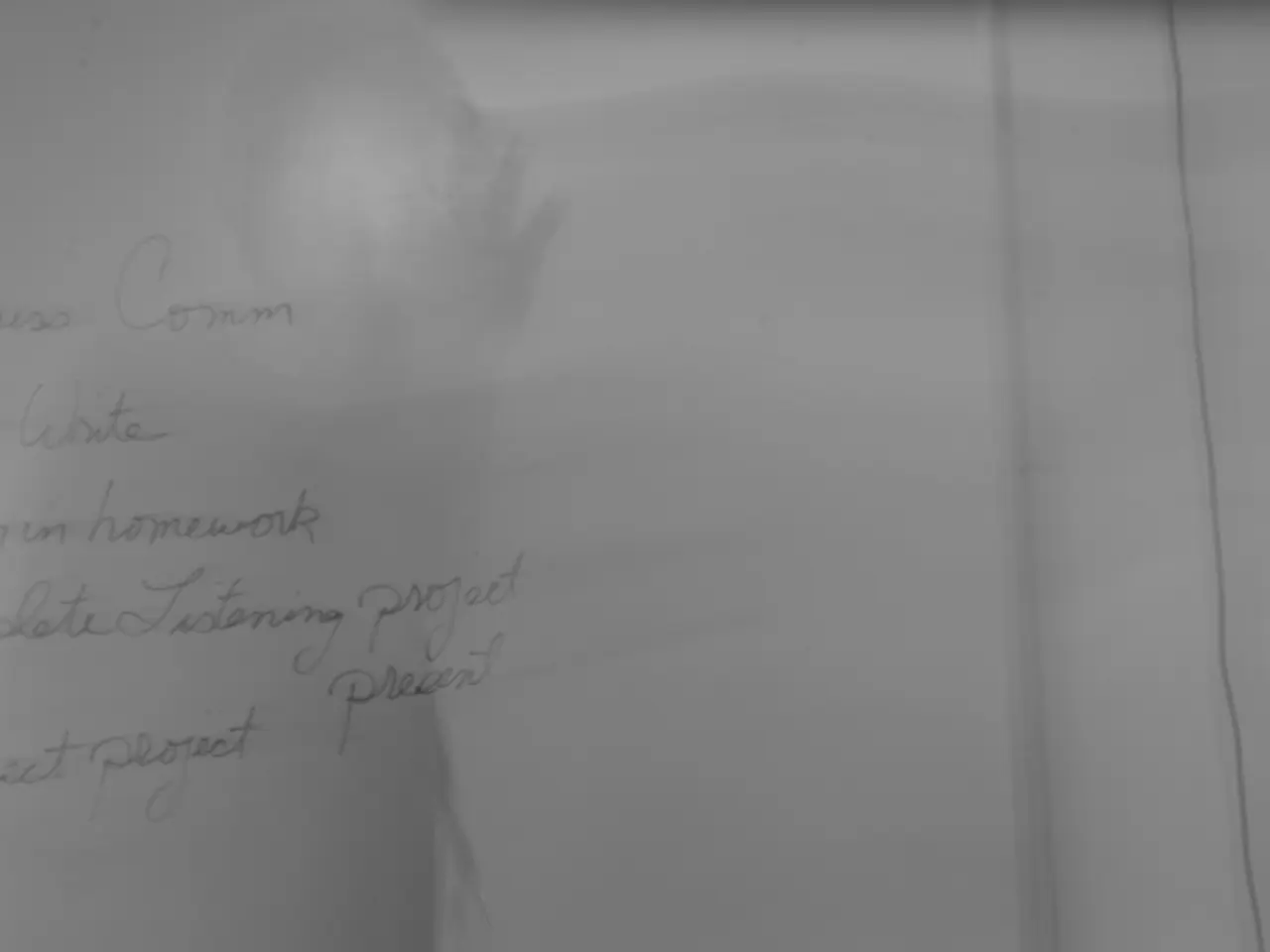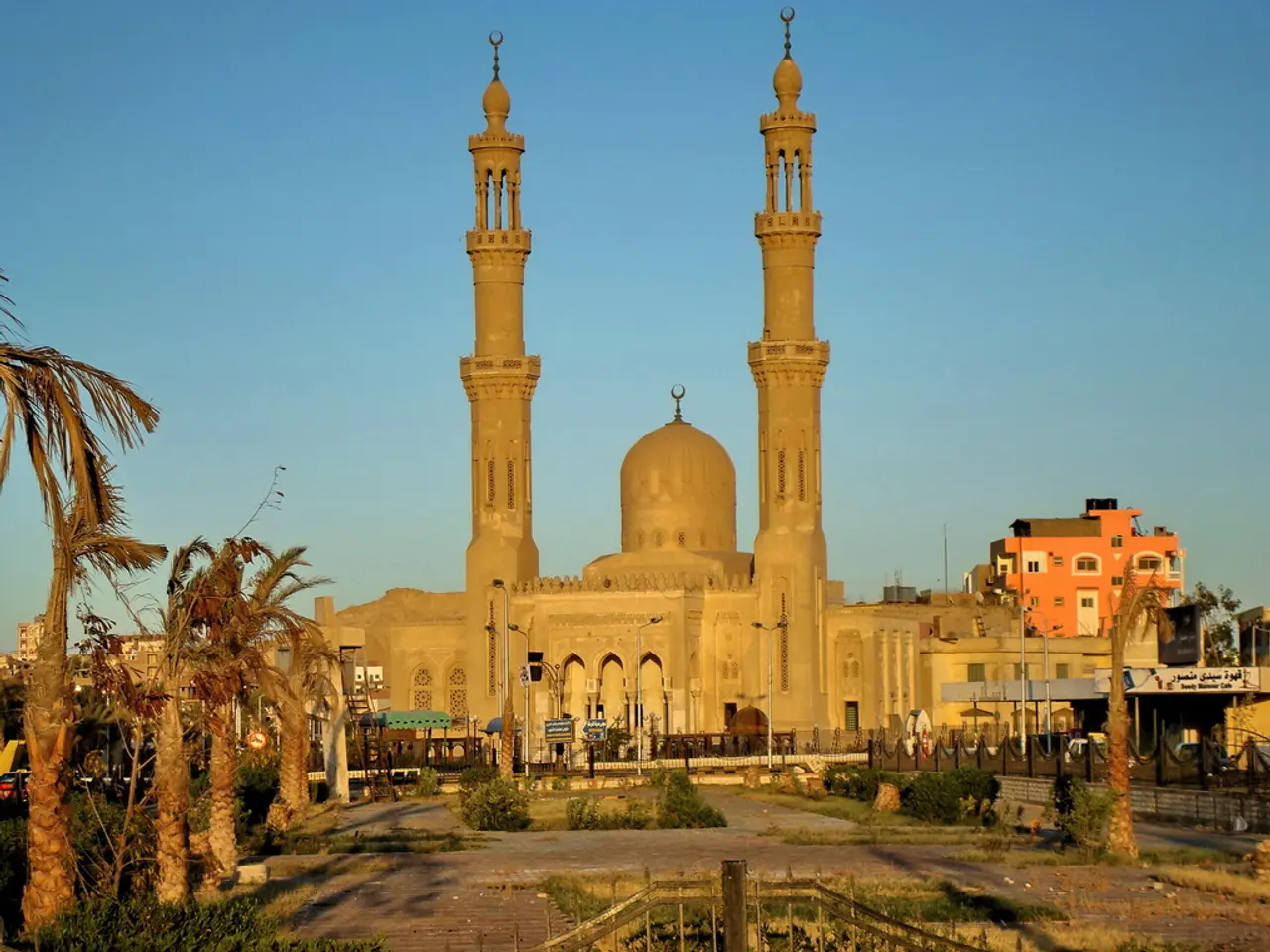Balancing Rights against Security: The Ethical Predicament of CECOT's Approach
In the heart of El Salvador, an hour outside the capital San Salvador, lies the Terrorism Confinement Center (CECOT), a detention facility built in 2023 as part of President Nayib Bukele's mass crackdown on gang violence. The center, surrounded by three meters of electrified fencing and nine meters of concrete wall, has become a subject of international concern due to allegations of human rights abuses.
CECOT houses many inmates with gang markings, such as those of MS13. The United Nations has documented over 66 cases of children subjected to torture, ill-treatment, and appalling conditions within CECOT, including extreme overcrowding, unhygienic conditions, and inadequate access to food and medical care. Human Rights Watch has documented over 3,300 cases of children being detained with no gang affiliation at all in CECOT.
The specific allegations of human rights abuses at CECOT include physical violence by guards, prolonged solitary confinement, denial of communication with family or attorneys for months, poor living conditions such as bad food and clogged toilets, and arbitrary detention without due process. Former detainees, including Venezuelan migrants deported from the U.S., described the prison as brutal and inhumane.
One detainee, Carlos Daniel Teran, reported being forced to crouch under humiliating conditions upon arrival, receiving violent treatment from guards, and facing psychological torment with threats implying death was the only way out. They were confined to their cells with minimal time outside and suffered severe isolation and neglect.
Human rights groups and legal advocates criticize the lack of transparency regarding how individuals were selected for detention there and highlight serious concerns about violations of due process rights, especially as many deportees had pending asylum claims and credible fear of persecution in their home countries. The Trump administration's role in outsourcing detention to CECOT has been condemned for enabling these abuses and neglecting international legal obligations.
The Bukele regime views incidents of wrongful imprisonment as collateral damage. However, cases like Juan Carlos, a wrongfully arrested individual who developed an infection in his right leg due to the terrible conditions in CECOT, leading to partial paralysis, underscore the need for reform.
Inmates at CECOT share toilets and washing facilities within their cells. Each sector of the prison holds about 80 inmates in large cells. Inmates are given three meals per day and are led in exercise programs for an hour each day. Despite these provisions, the conditions within CECOT are so harsh that they have led to the wrongful arrest and mistreatment of individuals like Juan Carlos, who were arrested for their "rugged appearance" and tattoos.
As the El Salvador populace prioritizes domestic security over individual rights, as evidenced by their support for Bukele's tactics to lower crime and make the country safe, it is crucial that the President ensures that the people imprisoned in CECOT are truly the worst of the worst, and the hammer of justice doesn't fall on innocent civilians, including children and migrants. The United Nations Human Rights Convention has expressed serious concern about human rights violations within CECOT, including cases of torture, ill-treatment, and inhumane conditions.
[1] Human Rights Watch. (2021). "El Salvador: Abuses in CECOT Detention Center." [online] Available at: https://www.hrw.org/report/2021/06/22/abuses-cecot-detention-center/el-salvador-abuses-cecot-detention-center
[2] Amnesty International. (2021). "El Salvador: US must end deportations to CECOT detention centre." [online] Available at: https://www.amnesty.org/en/latest/news/2021/06/el-salvador-us-must-end-deportations-to-cecot-detention-centre/
[3] United Nations High Commissioner for Refugees. (2021). "El Salvador: CECOT detention centre must be closed." [online] Available at: https://www.unhcr.org/news/latest/2021/6/60c590644/el-salvador-cecot-detention-centre-closed.html
- The international spotlight remains on the Terrorism Confinement Center (CECOT) in El Salvador, as Human Rights Watch, Amnesty International, and the United Nations High Commissioner for Refugees have all called for its closure due to extensive allegations of human rights abuses.
- The history of CECOT, built in 2023 as part of President Nayib Bukele's mass crackdown on gang violence, has been marred by reports of torture, ill-treatment, and inhumane conditions, particularly involving children and migrants.
- In their editorial, news outlets have highlighted the cultural and political implications of CECOT, with concerns over violations of due process rights, the detention of individuals without gang affiliation, and the Trump administration's role in outsourcing detention.
- Videos and testimonies from former detainees, including deported Venezuelan migrants and wrongfully arrested individuals like Juan Carlos, have shed light on the brutal and inhumane conditions within CECOT, sparking a debate in the sports and crime-and-justice news sectors.
- As the general-news discourse continues to focus on El Salvador's domestic security and President Bukele's tactics to lower crime, it is essential that sports, culture, politics, and crime-and-justice platforms also address the critical issues of human rights violations and unlawful detentions occurring within CECOT.
